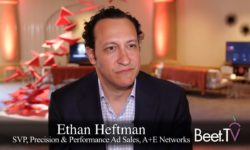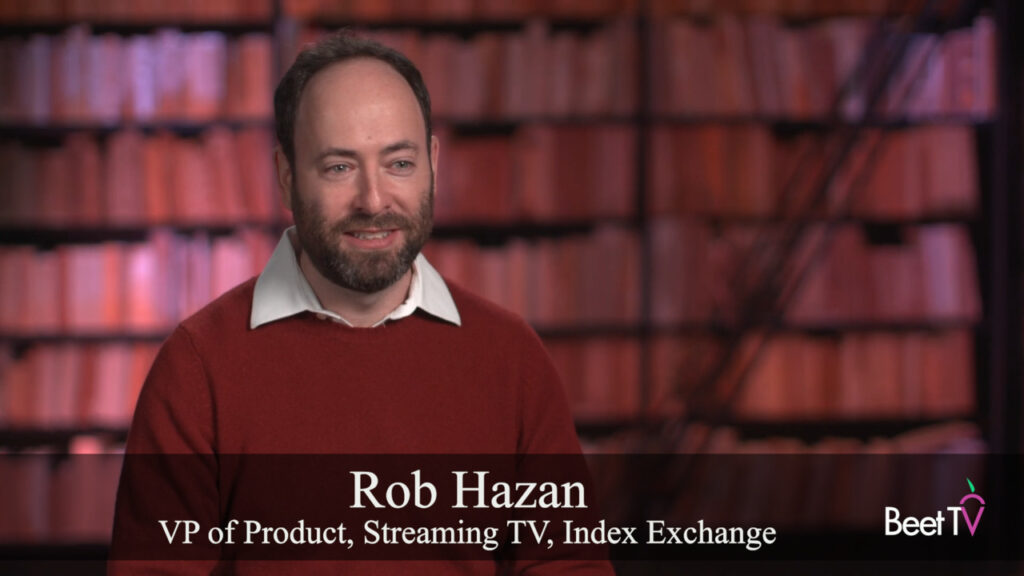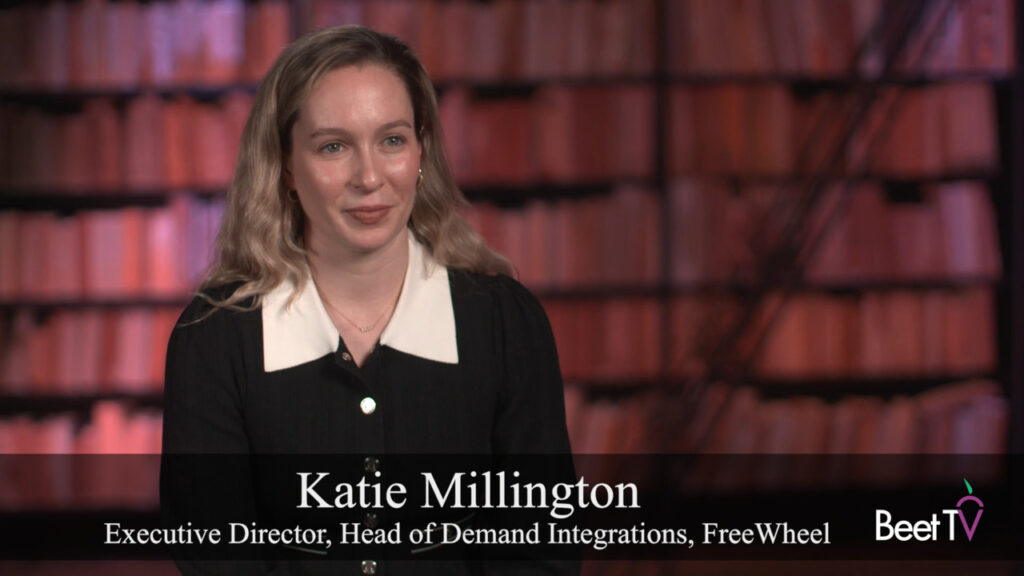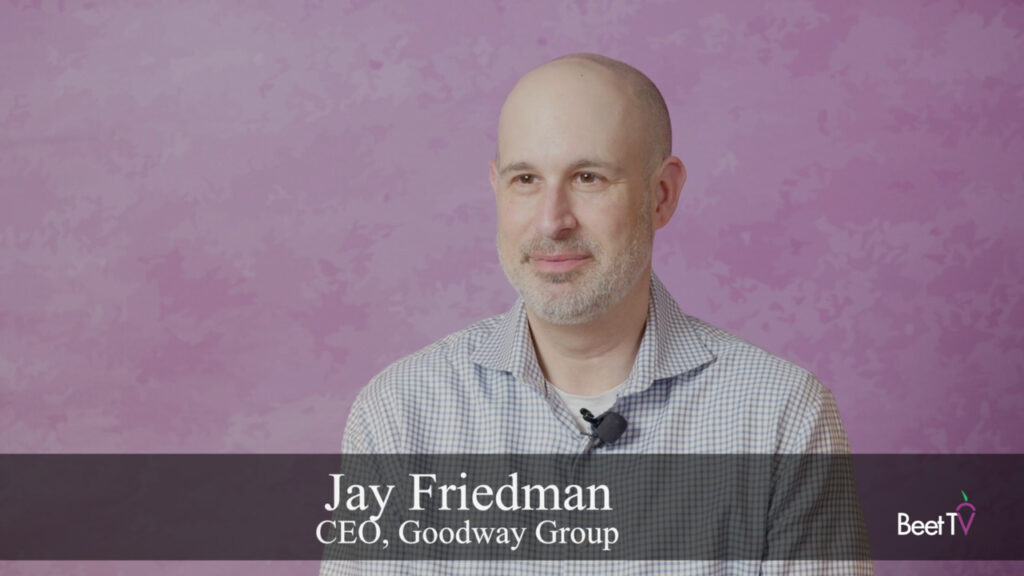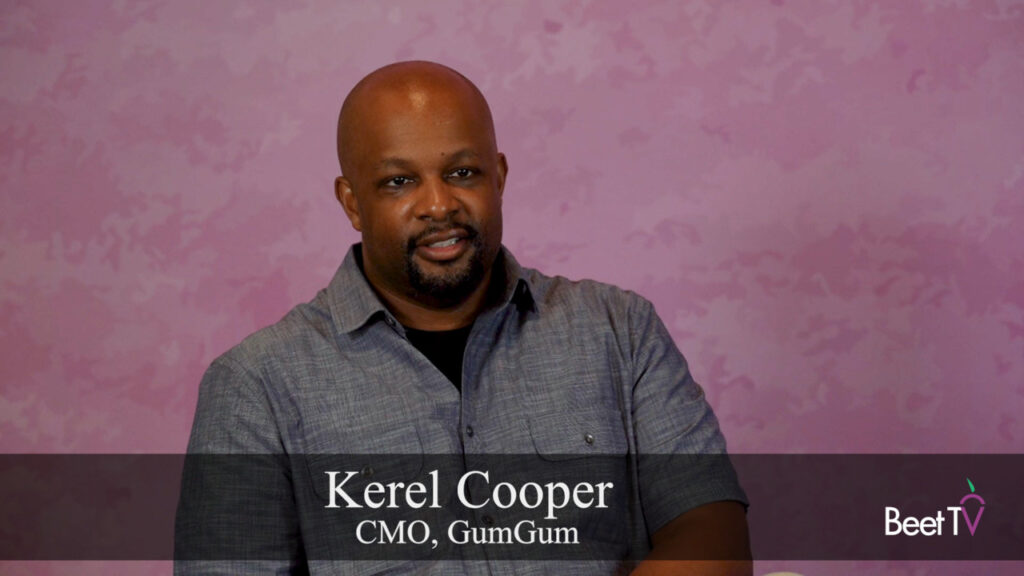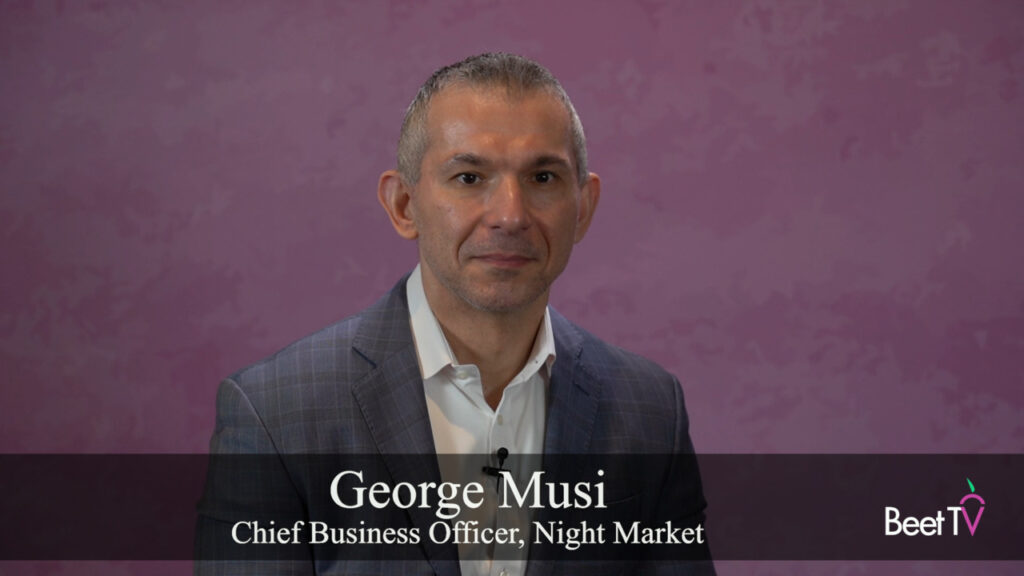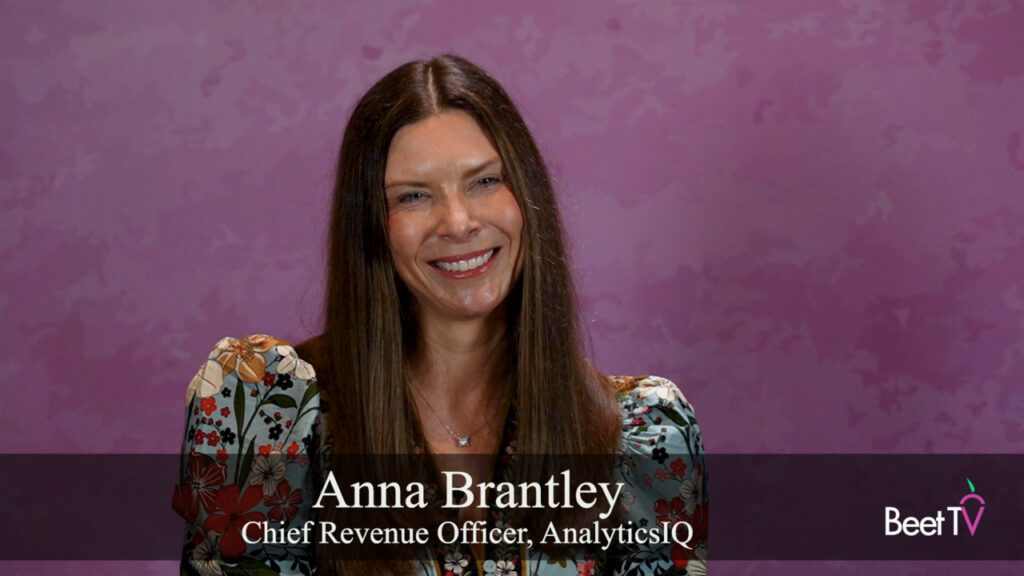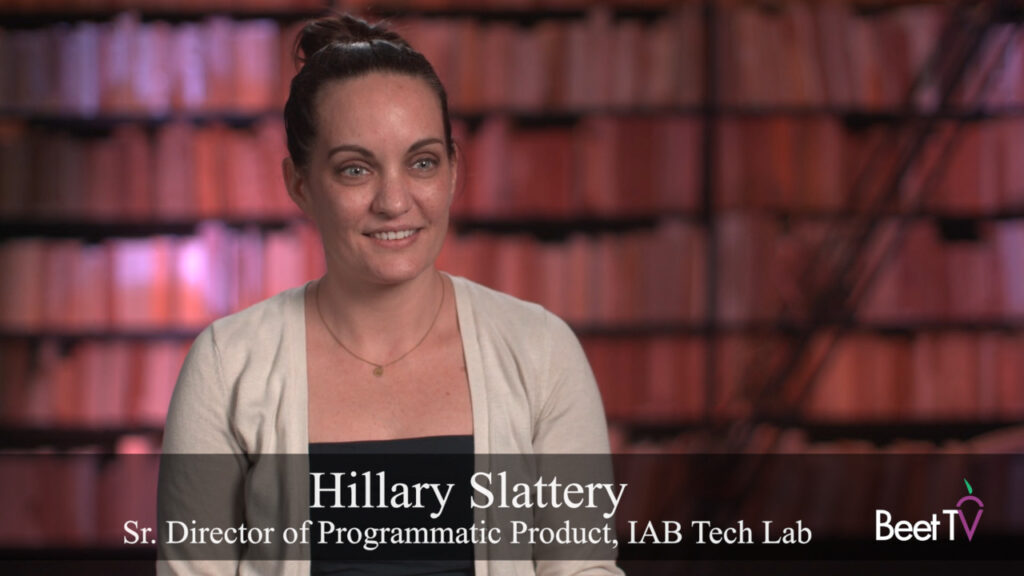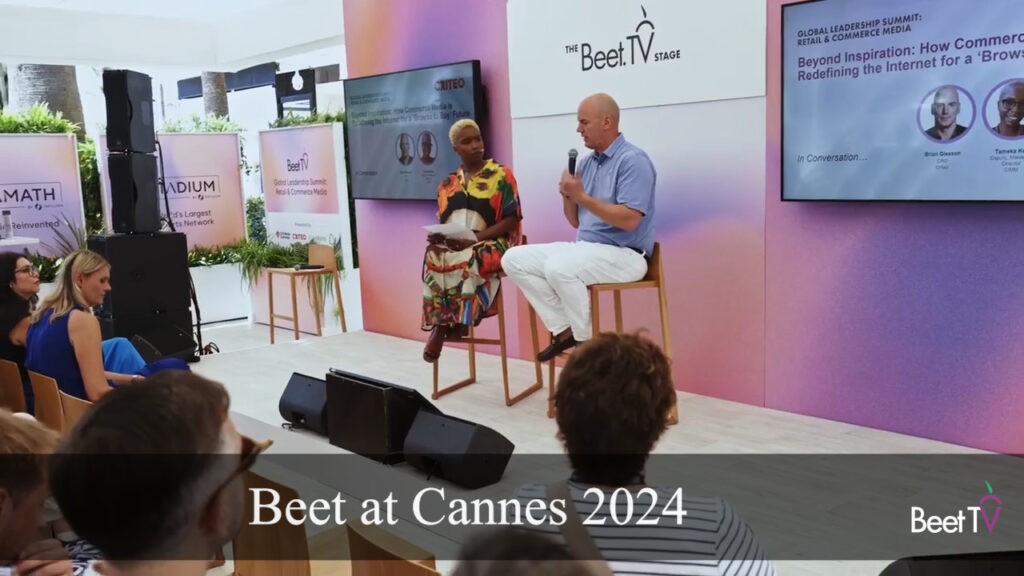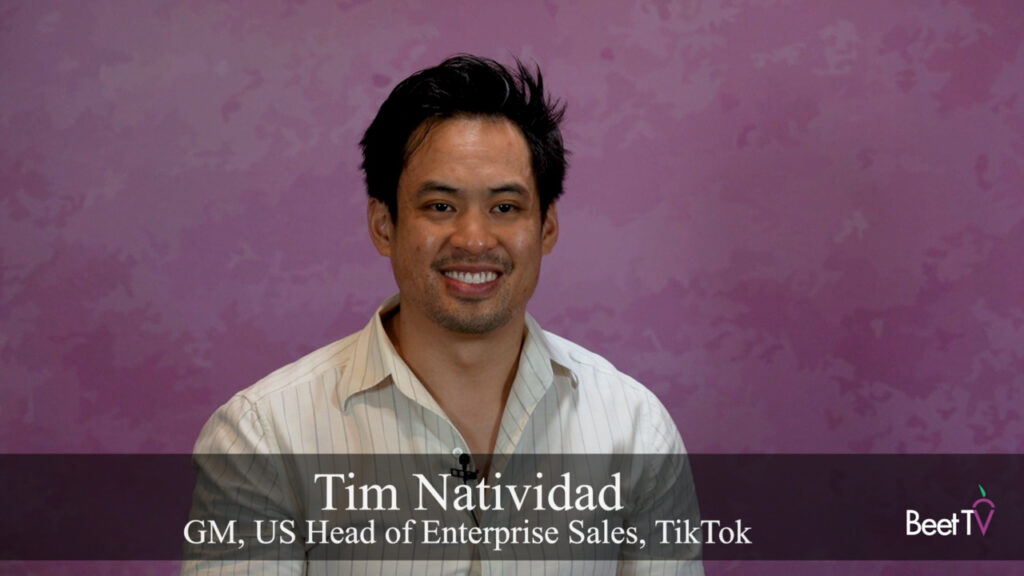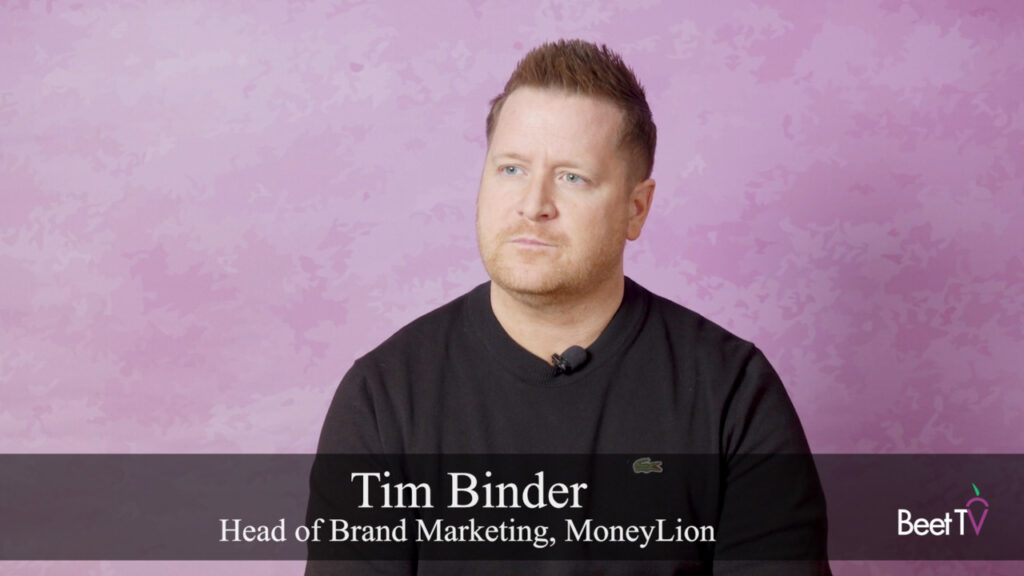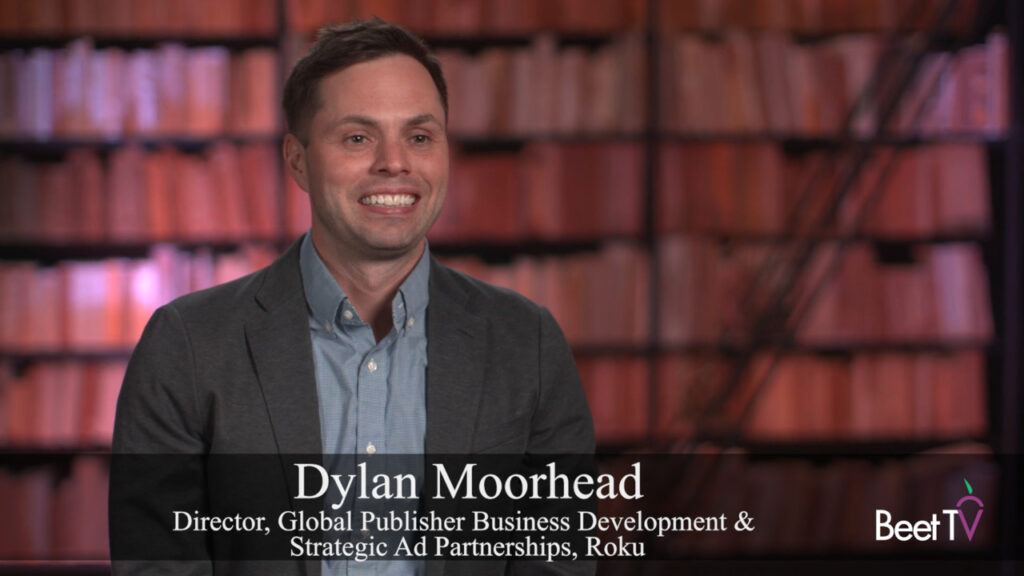SANTA BARBARA — The non-profit umbrella representing advertising-funded digital media will bolster its defense to lawmakers it says don’t understand the data-driven ad targeting technology they are legislating against.
But the IAB also says it has its own ideas for limiting the mis-use of audience data.
In the last couple of years, privacy scandals like those involving Facebook and Cambridge Analytica have caused an outcry, drawing most major tech companies in to a spiralling backlash. Europe’s GDPR rules have introduced harder opt-in requirements on use of citizens’ data, whilst California’s CCPA will set similar rules in the US.
In this video interview with Beet.TV, Dave Grimaldi, EVP for public policy at IAB, says the “data industry” is now being engulfed by the same “regulatory tsunami” that his automobile, tobacco, firearms and pharmaceuticals industries.
More lobbying
“These issues are so complex,” Grimaldi says. “They’re a mile wide, they’re a mile deep, and it’s hard for members of Congress … to understand that value exchange behind how data is used to bring people the services they want, how targeted ads are more palatable to users than (untargeted) contextual ads.
What we’re trying to do is to talk to Congress to explain why the use of data is a good thing, why it’s not as creepy as they think it is, how it finances smaller companies into existence, and how a four-person blog in Wichita that half the state uses, or a farming blog in Iowa was built by advertising and the use of data and the monetization of data.
“That story is not getting told in Washington … we need to do that much better at the end of this year, 2020 and beyond.”
‘Patchwork’ policy
Grimaldi laments the passage of the California Consumer Privacy Act (CCPA).
“By the time industry and entrepreneurs and businesses realised what was in the law or in the ballot initiative, it had already been turned into a law, and it’s now going to be the de facto privacy law of the land in America,” he says.
“We’re likely to see a handful of other states pass state-level privacy laws, which is going to create a patchwork of many different privacy laws across the country, which will make individual user experiences disjointed and possibly confusing to consumers.”
New guides
In this environment, attention in internet marketing is moving away from indiscriminate targeting of unknown audience members using troves of harvested and combined data, to marketers gaining real, opt-in relationships with prospects – collecting “first-party” data.
Although Grimaldi thinks the transfer of first-party data between companies, which is often permitted by terms and conditions, is being “demagogued”, he thinks privacy improvements are needed.
“Universally I think individuals don’t go through those privacy policies and have that understanding,” he says. “Opt-in, notice and consent isn’t working. So, the idea that we have is taking the burden off of consumers to understand all of those policies and all of that nuance, and putting that burden onto companies and under a set of per se reasonable and per se unreasonable uses of data.”
“The burden goes onto the companies, and the enforcement comes under new government powers at the Federal Trade Commission.”
IAB’s members include many of the world’s largest publishers and advertiser technology platforms, who pay between $10,000 and $294,933 in membership fees.
This video is from a series leading up to, and covering, the Xandr Relevance Conference in Santa Barbara. This Beet.TV series is sponsored by Xandr. Please visit this page to find more videos from the series.






















